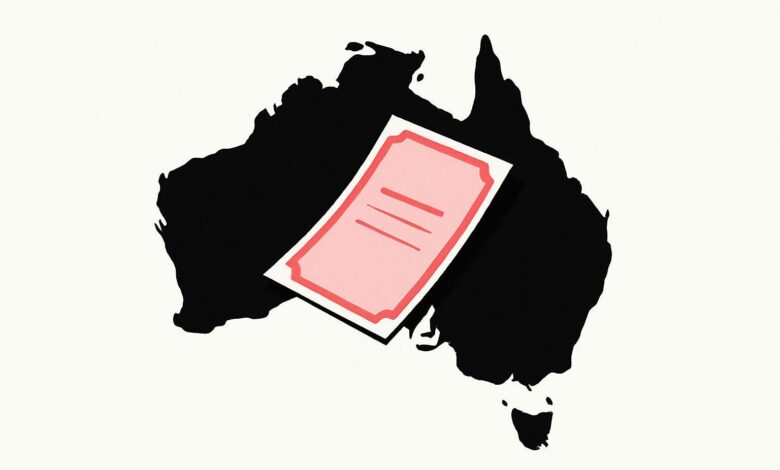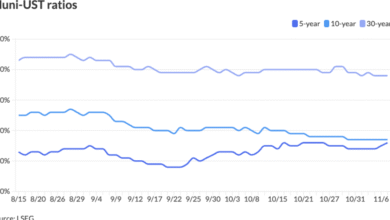Australian Shares Face Pressure As Bond Yields Climb

What’s going on here?
Australian stocks took a hit after a global bond market selloff saw US Treasury yields surge, following the Federal Reserve’s fresh skepticism over cutting interest rates anytime soon.
What does this mean?
Soaring bond yields are making stocks look less appealing, dampening investor confidence across Asia-Pacific markets. The S&P 500 ended flat overnight, the Nasdaq nudged up by 0.6%, and the Dow lost 0.2% – a mixed bag that shows just how unsettled things are right now. Back in Australia, there are some bright spots: Westpac’s card tracker pointed to a rebound in consumer spending with over 2% growth last quarter, while Mineral Resources boosted production and Coles Group posted solid sales. Still, that wasn’t enough to calm markets, and Australia’s benchmark index dropped 1% on Wednesday. With new trade data coming out soon, investors are on alert for signs that could sway the outlook further.
Why should I care?
For markets: Bond market tension shifts the investing landscape.
Rising US Treasury yields are making borrowing costlier and drawing attention away from riskier assets, which is putting extra pressure on stocks in Australia. Even with upbeat reports from local retailers and miners, lingering economic uncertainty is keeping market nerves high. With the direction of US interest rates still unclear, Australian shares could remain in the hot seat for a while longer.
The bigger picture: Australia’s economy holds steady despite global volatility.
A pick-up in consumer spending and steady performance from major sectors point to a resilient backdrop for Australia’s economy, even as global market swings dominate headlines. The upcoming trade figures will offer another read on how well the country is navigating changing export demand and prices. Looking ahead, Australia’s ability to shrug off global headwinds will likely be tested as tight financial conditions linger.






